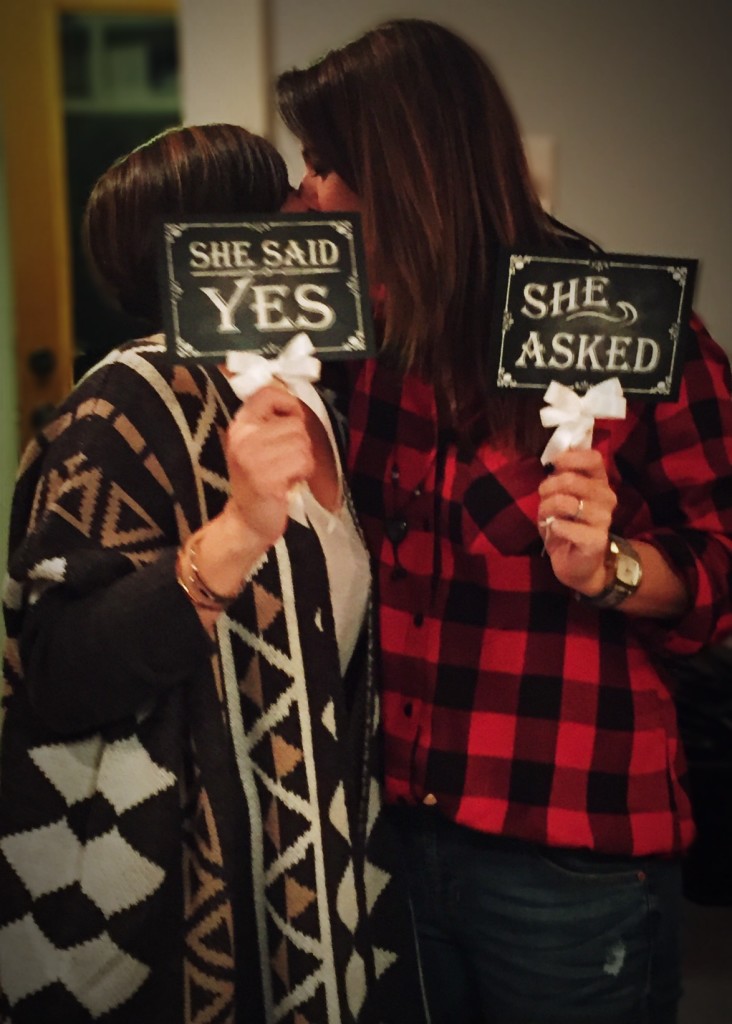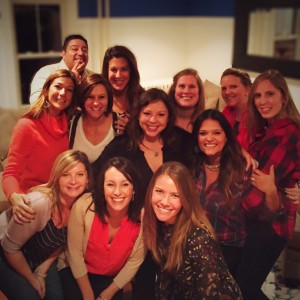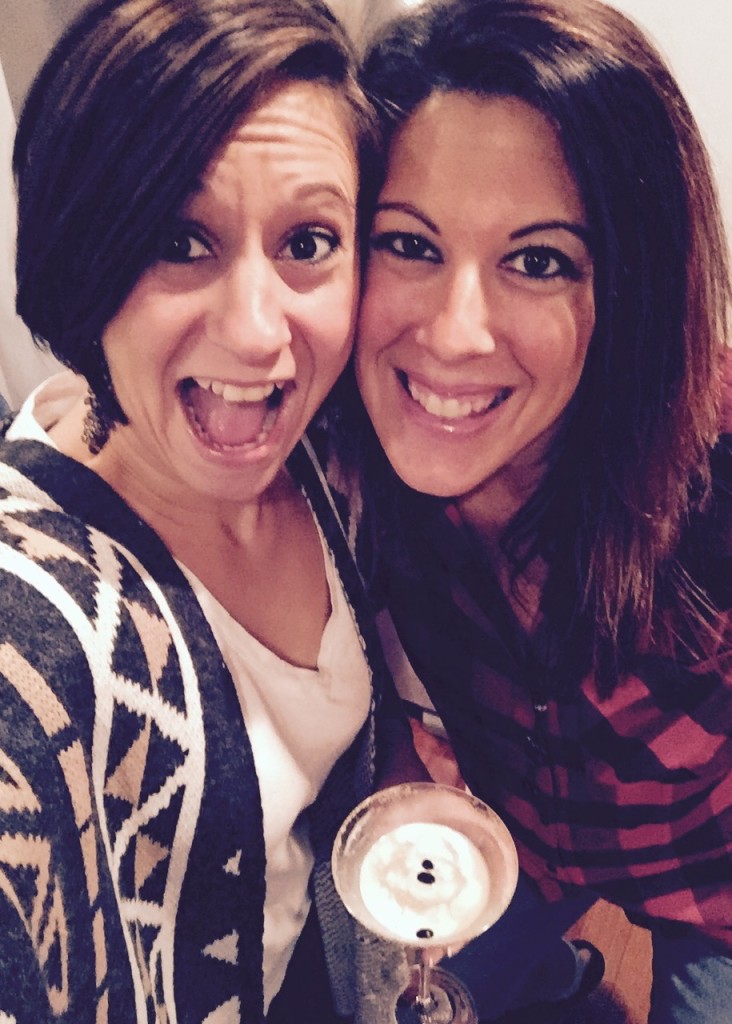Pssst – This piece has been published on Digital Romance, Inc.!
Check it out here!
During an argument or disagreement, most of us tend to put space between ourselves and our partner. We turn our backs, walk away, leave the room, even sometimes leave the house. We all do it. But here’s why we shouldn’t.
Physical touch is incredibly important and special in any romantic relationship. The kind of touch we share with a partner is unique to that relationship, nothing else is like it and nothing else compares. There are only a few parts of our romantic relationships that are unlike any other relationship with another person, and touch is one of them – and possibly the most important. Touch provides comfort and security, the feeling that “what we have together is different than anything else we have apart.” That’s why it’s critical to maintain the unique status of touch in a romantic relationship.
But during an argument, it can be incredibly difficult to remember that.
So we retreat and distance ourselves when things start to get uncomfortable, and especially when things start to get heated.
But OH how the slightest physical touch can diffuse a situation.
Consider sitting face to face with your partner having a conversation, your faces merely a few inches apart. How often do things get heated in these moments? How often do you find yourself misunderstood when the conversation starts out with your physical bodies incredibly close? I can say pretty confidently that the answer is rarely. Arguments rarely erupt when you’re starting from a physically close state.
Why? Because being physically close reminds you of the fact that you have a special bond with your partner, that you feel safe with them (why else would you be so physically close?), and that even when you don’t agree, you are reminded that your partner always has your best interests at heart – you can physically feel that in the closeness of their body. So when you start from a place of closeness, you are less likely to feel alone, alienated, and misunderstood.
Sometimes, even once we understand the importance of being physically near our partners, we forget to follow through. We bring up a difficult topic from across the room – call it fear or an unconscious defensive mechanism – whatever it is, it happens. And we find ourselves frustrated and separated and feeling like our partner is the enemy, rather than our greatest supporter. What then?
Stop. Breathe. Be quiet for a few moments. And move in close.
Yes, I said drop your walls, and move in close.
I don’t care which of you does it first, but you HAVE TO start practicing this. It’s not easy, it’s uncomfortable, and you’ll want to resist (especially if it’s your partner moving in close). But do it anyway. Get up and sit next to each other again. Let your bodies touch. Be close, just be close. Remind yourselves that you ARE each other’s biggest ally, and that you are on the same team, always.
And yes, sometimes, when we forget to stay close, we talk about emotionally charged issues from a distance, and find ourselves overheated and in need of a “cool down”. Ok, but don’t let that period linger. Even when it feels awkward, ask if you can be close. Ask if you can come sit down next to your partner again. Ask if you can hug your partner.
Physical touch is incredibly personal, so we should always ask permission, especially in moments of disconnect. Because without permission the good physical touch we value in our relationships can turn bad very quickly. So don’t sit separately in silence. Stop. Breathe. Be quiet for a few moments. And ask to move in close.
This concept might sound foreign to you. It was to me for a long time. I resisted it and have even yelled “don’t touch me” in the middle of my partner trying to move in close. I don’t always practice this well, but I am continually practicing none the less. And I urge you to do the same. It won’t feel normal, it won’t feel comfortable, and it won’t feel rational at first. But if you can let your guard down and let yourself be healed by the unique touch of your partner’s body, you will immediately understand why this is a touch tool I highly encourage for every couple I encounter.
Be vulnerable – emotionally and physically – and you will be amazed at how connected you will feel to your partner, even in the most difficult moments. ❤︎


















